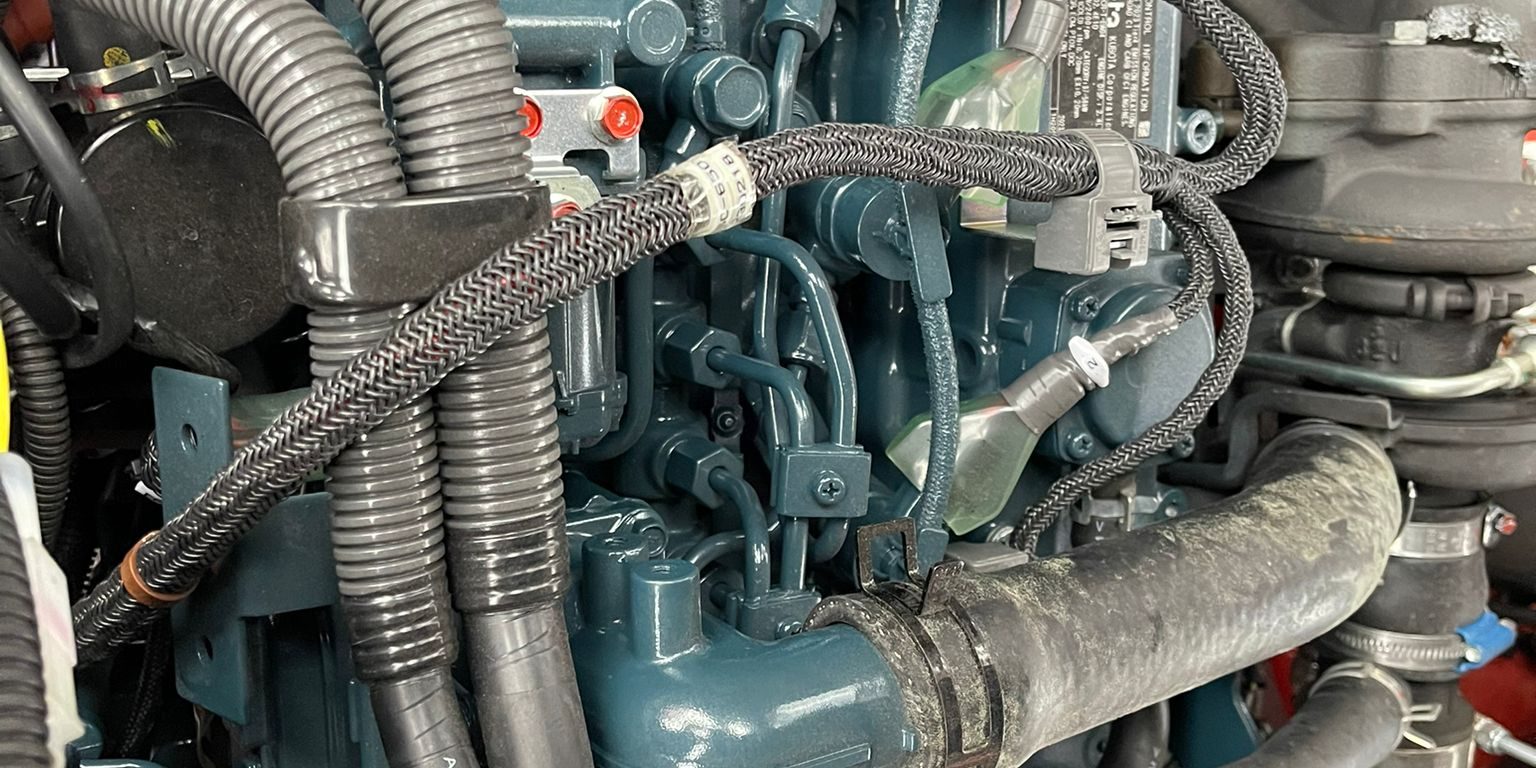Forklifts are essential pieces of equipment for many businesses, playing a crucial role in material handling and logistics operations. However, like any investment, proper maintenance is key to ensuring their longevity and maximizing their lifespan. Let’s have a look at the essential tips and best practices for effective forklift maintenance, forklift servicing and helping you get the most out of your investment.
The Importance of Regular Maintenance
Regular maintenance is the cornerstone of extending a forklift’s lifespan. Neglecting routine checks and servicing can lead to premature wear and tear, increased downtime, and potentially costly repairs or replacements down the line.
Some key benefits of regular forklift maintenance include:
Improved Safety – Well-maintained forklifts are less likely to experience mechanical failures or issues that could compromise the safety of operators and those working nearby.
Enhanced Productivity – Properly serviced forklifts operate at peak efficiency, minimizing downtime and ensuring smooth operations.
Cost Savings – Preventive maintenance is generally less expensive than reactive repairs, helping you avoid unexpected expenses.
Compliance – Regular maintenance helps ensure your forklifts meet all relevant safety and regulatory standards.
Essential Maintenance Routines
Effective forklift maintenance involves a combination of daily checks, periodic servicing, and adherence to the manufacturer’s recommended maintenance schedule. Here are some essential routines to follow:
1. Daily Checks: Before each shift, operators should conduct a thorough visual inspection and perform basic checks on components such as tires, fluid levels, brakes, and safety features.
2. Periodic Servicing: Regular servicing should be performed according to the manufacturer’s recommendations, typically every few months or after a certain number of operating hours. This may include tasks such as changing fluids, replacing filters, and checking for wear on critical components.
3. Battery Maintenance (for Electric Forklifts): For electric forklifts, proper battery maintenance is crucial. This includes regular charging, cleaning, and checking for damage or corrosion.
4. Tire Inspection and Replacement: Worn or damaged tires can compromise safety and performance. Regularly inspect and replace tires as needed.
5. Operator Training: Proper operator training on forklift operation and maintenance can go a long way in extending the lifespan of your equipment.
Troubleshooting Common Issues
Despite your best maintenance efforts, issues can still arise. Here are some common forklift problems to watch out for and how to address them:
– Leaks: Fluid leaks can indicate a problem with seals, gaskets, or hoses. Address leaks promptly to prevent further damage.
– Unusual Noises: Strange noises often signify a potential issue, such as worn bearings or loose components. Investigate and address the cause promptly.
– Sluggish Performance: If your forklift seems to be underperforming, it could be due to issues with the engine, transmission, or other components. Have it inspected and serviced as needed.
– Battery Issues (Electric Forklifts): For electric forklifts, battery problems can manifest as reduced run time, difficulty starting, or charging issues. Regularly inspect and maintain batteries according to best practices.
It’s always best to be proacitve, and by taking time to have a plan for maintenance, you can maximize the lifespan of your forklifts and protect your investment. Remember, proper maintenance not only extends the life of your equipment but also contributes to a safer and more productive work environment for your whole team.
We have a friendly and knowledgable forklift servicing team who can help with ongoing maintenance and servicing. Get in touch to speak to the team and find out how we can help today.







